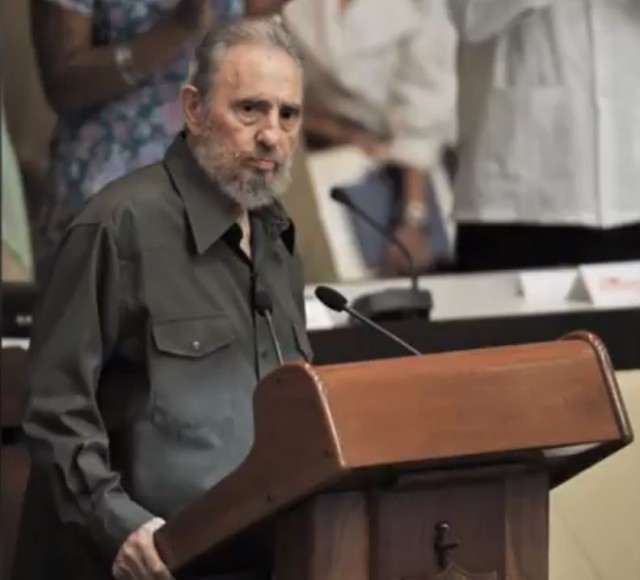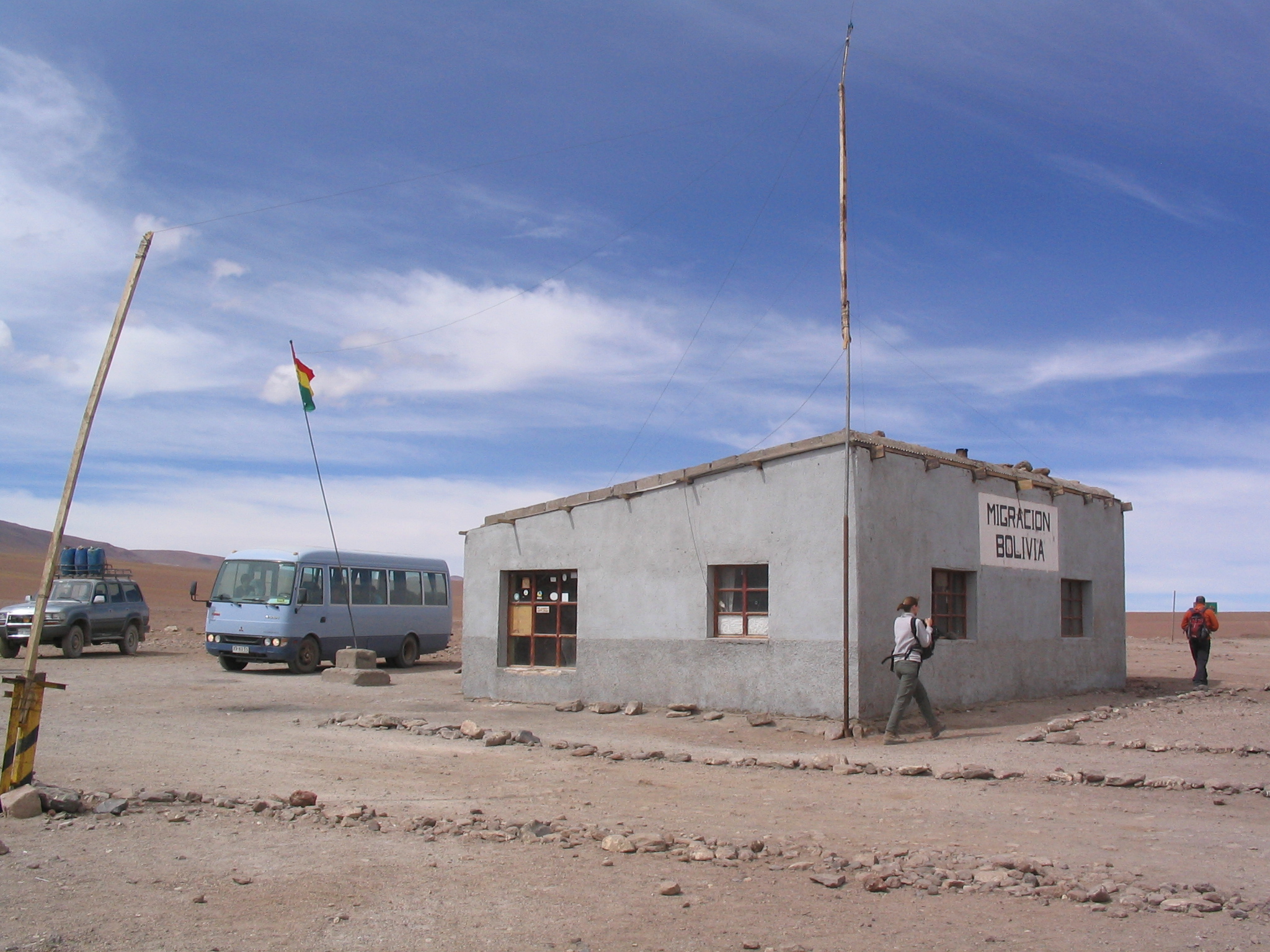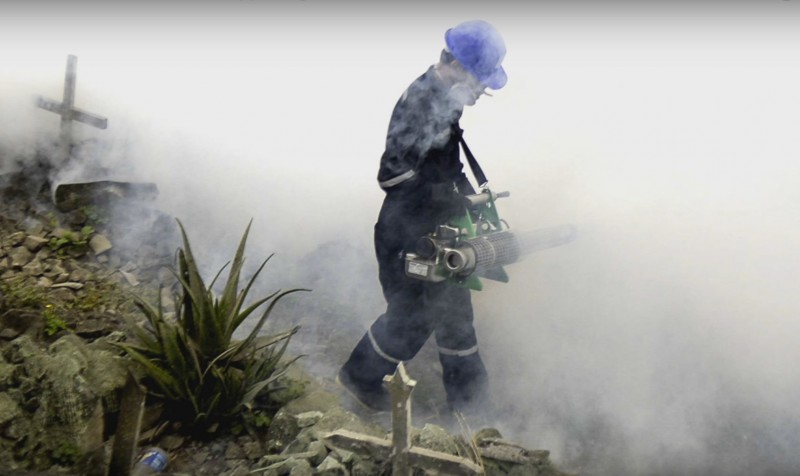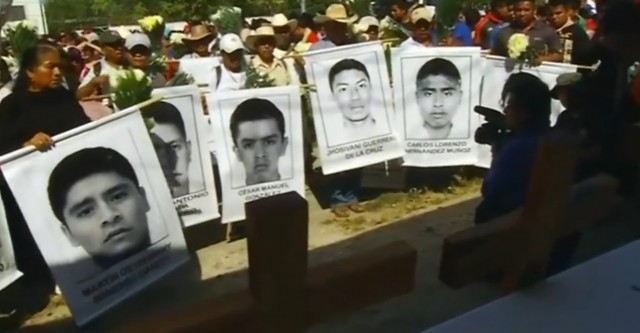
Caribbean, Cuba, Latin America: Week in Review
After Long Silence, Fidel Castro Cautiously Backs Negotiations With U.S.
January 27, 2015 By Staff
Top Story — Former Cuban leader Fidel Castro broke over a month of silence on Monday by writing a letter expressing cautious praise of Cuba’s recent negotiations with the U.S seeking to normalize diplomatic relations.
“I don’t trust the policy of the United States, nor have I exchanged a word with them, but this does not mean I reject a pacific solution to the conflicts,” Castro wrote in a letter that was read at the University of Havana and published in the Communist Party newspaper Granma. “We will always defend cooperation and friendship with all the people of the world, including with our political adversaries.”
Castro retired from the presidency in 2008 because of poor health, leaving power to his brother Raúl.
“The president of Cuba has taken the pertinent steps in accordance with his prerogatives and the powers given to him by the National Assembly the Communist Party of Cuba,” Castro said of his brother in the letter.
Castro’s letter comes after high-level talks between the U.S. and Cuba ended last week. While the two countries clashed on some human rights issues, the talks were praised by both parties, and they will continue with plans to restore diplomatic ties and to reconvene ahead of April’s Summit of the Americas.
Some had speculated that Castro’s long-term absence from the public eye meant his possible death. Venezuelan state media network Telesur, however, reported earlier this month that Argentine Soccer legend Diego Maradona had received a letter from Castro declaring that he was in good health.
Headlines from the Western Hemisphere
North America
- Many undocumented migrants are held in border facilities in Texas under harsh conditions, reports The Guardian, in a piece that looks at the experience of a 7-year-old migrant originally from El Salvador.
- It has been four months since 43 students from the teacher’s college in Ayotzinapa, Mexico went missing, and the Mexican government has failed to clear any doubts of protestors who took to the streets on Monday, demanding punishment for those responsible.
- A Frenchwoman who was arrested for aiding a Mexican kidnapping ring in 2005 and subsequently freed from jail in 2013, is now suing Mexico’s former President Felipe Calderón, other ex-officials and a major TV network for $36 million for suffering and “moral damage.”
- Pope Francis recently remarked that he might cross the U.S. border from Mexico in order to show solidarity with immigrants.
Caribbean
- Young Cubans have created a clandestine network of thousands of internet-connected computers, which allows them to participate in social media, communicate with friends, play games and download media despite official state restrictions on Internet use.
- Praise for Haitian President Michel Martelly’s political efforts from a U.N. delegation in Port-au-Prince was excessive, argues a Miami Herald editorial, which argues that “no amount of diplomatic artistry can conceal the ugly truth: Haiti is back to one-man rule and no one can say how long it will last.”
Central America
- The planned interoceanic canal in Nicaragua will cut through Lake Cocibolca — known as the “Galapagos of Central America” for its incredible biodiversity — in a process that will require extensive dredging that could have detrimental environmental effects.
- Guatemala’s government on Monday said the country, along with Honduras and El Salvador, will need $5 billion each over the next four years to keep crime down and spur economic growth as part of an effort to stem the flow of undocumented migrants that which dramatically increased last year.
Andes
- Bowing to street protests, Peru’s legislature on Monday voted to repeal a controversial new labor law that cut benefits for young workers, a setback for the relatively unpopular pro-business administration of President Ollanta Humala.
- Poverty increased in Venezuela by some 7 percent from 2012 to 2013, according to a report issued Monday, the latest bad economic news to hit a country beset by declining oil prices and spiraling inflation.
Southern Cone
- Argentine President Cristina Fernández on Monday announced her plan to dissolve the SI intelligence service and replace it with another agency, after accusing a former intelligence official of a plot to discredit her by feeding false information to a prosecutor found dead last weekend.
- A week after Indonesia executed a Brazilian national for drug trafficking, The Associated Press reports on a Paraguayan in China who may face a similar fate after being arrested on charges of cocaine trafficking in 2012 — a case that has become a major story in Paraguay, prompting diplomats to lobby China for her release.
Image: YouTube





